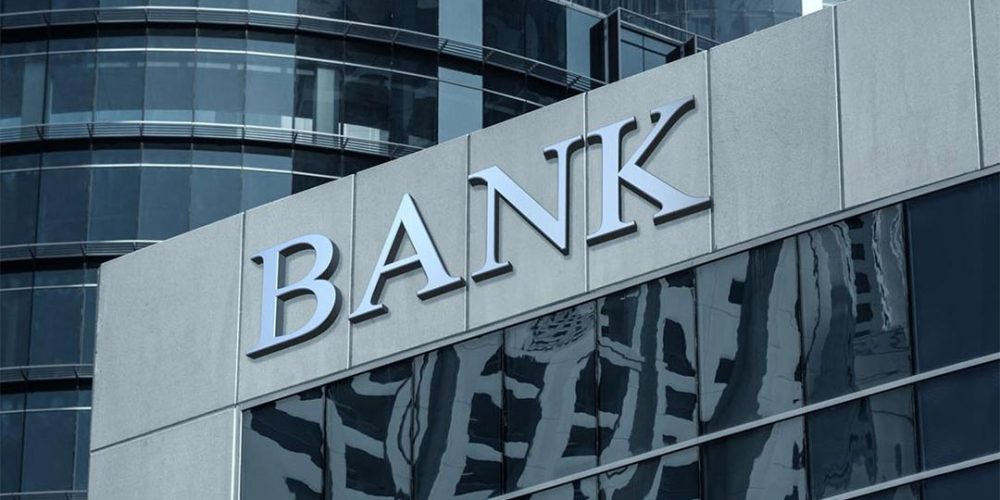The Transformation of the Banking Sector in the European Union and Northern Europe and Its Impact on Sector Competition in the Baltic States

Banking Transformation and Economic Challenges in the EU
Over the past decade, the European Union has navigated numerous economic challenges, from the 2008 financial crisis and subsequent sovereign debt issues to the disruptive impacts of the COVID-19 pandemic. These events have prompted significant reforms in the banking sector aimed at enhancing resilience, promoting digitalization, and addressing systemic vulnerabilities. Current challenges include rising geopolitical risks, cyber threats, and the impact of energy price fluctuations on financial stability.
In the Baltic states, the banking sector has undergone a significant transformation since the fall of the Soviet Union. Estonia and Lithuania have embraced foreign banks, while Latvia initially aimed to become a financial hub for Russia and CIS, leading to regulatory crackdowns on money laundering. Today, Baltic banks face competition issues, high loan interest rates, and the need to balance foreign investment with local growth. Employment trends reveal a shift towards efficiency and digitalization, with a notable decline in banking offices and personnel post-2008.
Despite high profitability metrics, Baltic banks must navigate economic disparities and foster a more competitive environment to ensure sustainable growth. Balancing foreign and domestic participation in the banking sector is crucial for creating a dynamic and resilient financial landscape in the region.




